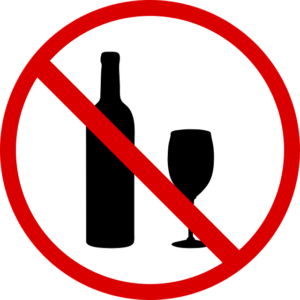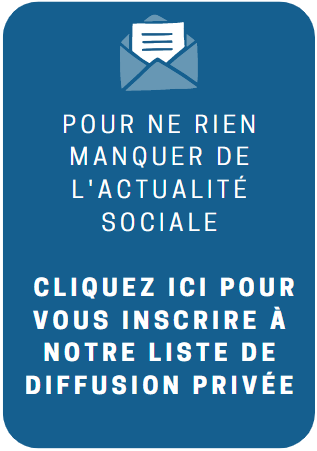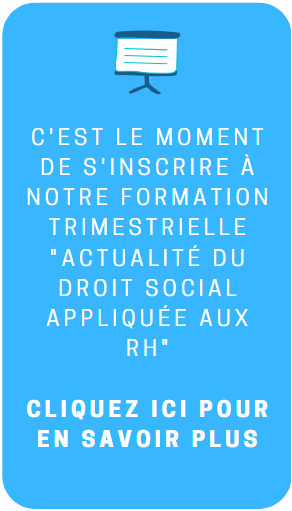 In a decision dated July 8, 2019, the Council of State reviewed the provisions that can be included in the internal regulations of a company, particularly with regard to prohibiting alcohol in the company.
In a decision dated July 8, 2019, the Council of State reviewed the provisions that can be included in the internal regulations of a company, particularly with regard to prohibiting alcohol in the company.
In this case, a company specializing in the manufacture of automotive equipment had inserted a« zero alcohol tolerance » clause in own rules and regulations. The Labor Inspector demanded the withdrawal of the clause on the grounds that it lacked precision.
At the end of the administrative procedure, the Council of State ruled in favor of the company, considering that “the employer may only restrict the rights of employees if they are justified by the nature of the task to be performed and proportionate to the aim sought. (…) In this respect, the employer may, when the consumption of alcoholic beverages is likely to be detrimental to the safety and health of workers, take measures, proportionate to the aim sought, limiting or even prohibiting such consumption in the workplace. In the event of particularly high danger to employees or third parties, the employer may also prohibit any alcohol consumption by the employees concerned.”
Moreover, “when the employer provides for such a prohibition in the company’s internal regulations, he must be able to establish that this measure is justified by the nature of the tasks to be accomplished and proportionate to the goal sought, it does not follow that the regulation could not legally determine the list of employees concerned by reference to the type of position they occupy, nor that the regulation should itself include this justification.”
his decision of the Council of State is interesting for two reasons :
- It reiterates the principle that the employer may prohibit the consumption of alcohol and alcoholic impregnation in the workplace through the internal regulations.
- However, it specifies that the employer must be able to demonstrate the necessity of this prohibition.
1/ Internal regulations may prohibit alcohol and alcohol intoxication in the workplace.
The establishment of internal regulations is mandatory in companies with at least 50 employees. The internal regulations set out, among other things, the rules on disciplinary, health and safety matters in the company or establishment.
The article R.4228-20 of the French Labor Code provides that the employer may limit or even prohibit the consumption of alcoholic beverages (including wine, beer, cider and perry) in the company’s internal regulations or, failing that, in a memorandum when such consumption is likely to be detrimental to the health and safety of workers. This is what the State Council reminds companies here, while specifying that this type of measure must be indispensable to achieve this objective.
Through internal regulations, the employer may also provide for the possibility of monitoring the state of intoxication of its employees, while nevertheless respecting certain conditions. In particular, the control may not concern all employees without distinction (Cass. soc. July 22, 2014, n°13-13.757). The Control may only concern one or more categories of employees defined according to their activity (driving machinery, working at height, handling dangerous products etc.) and for whom it appears legitimate to avoid the state of intoxication (Cass. soc. May 22, 2002, n°99-45.878).
2/ The employer must be able to demonstrate the indispensable nature of this clause
The employer must be able to justify this limitation or prohibition in consideration of the nature of the tasks to be performed and proportionate to the aim pursued, as logically recalled by the Council of State.
In this respect, the main interest of this decision of the Council of State lies in the precision brought by the latter concerning the modalities of this proof by the employer, justifying his decision to prohibit alcohol. According to the State Council, the employer is not required to mention in the text of the internal regulations the justification for this limitation or ban. He adds that the employer may provide this justification by simply referring to types of positions. The internal regulations could, for example, specify that the scope of the prohibition concerns the positions of machine operators, work at height, etc.
In other words, the Council of State provides companies with a certain flexibility by logically deciding to focus on the substantive objective pursued by the internal regulations rather than on the form. However, companies should keep in mind that the justification of the prohibition or limitation of alcohol consumption may be requested at any time, in particular in case of a challenge by an employee of the sanction taken in this respect on the basis of the internal regulations.
* * *
I also invite you to read our previous article concerning the control of blood alcohol levels provided by the internal rules.



